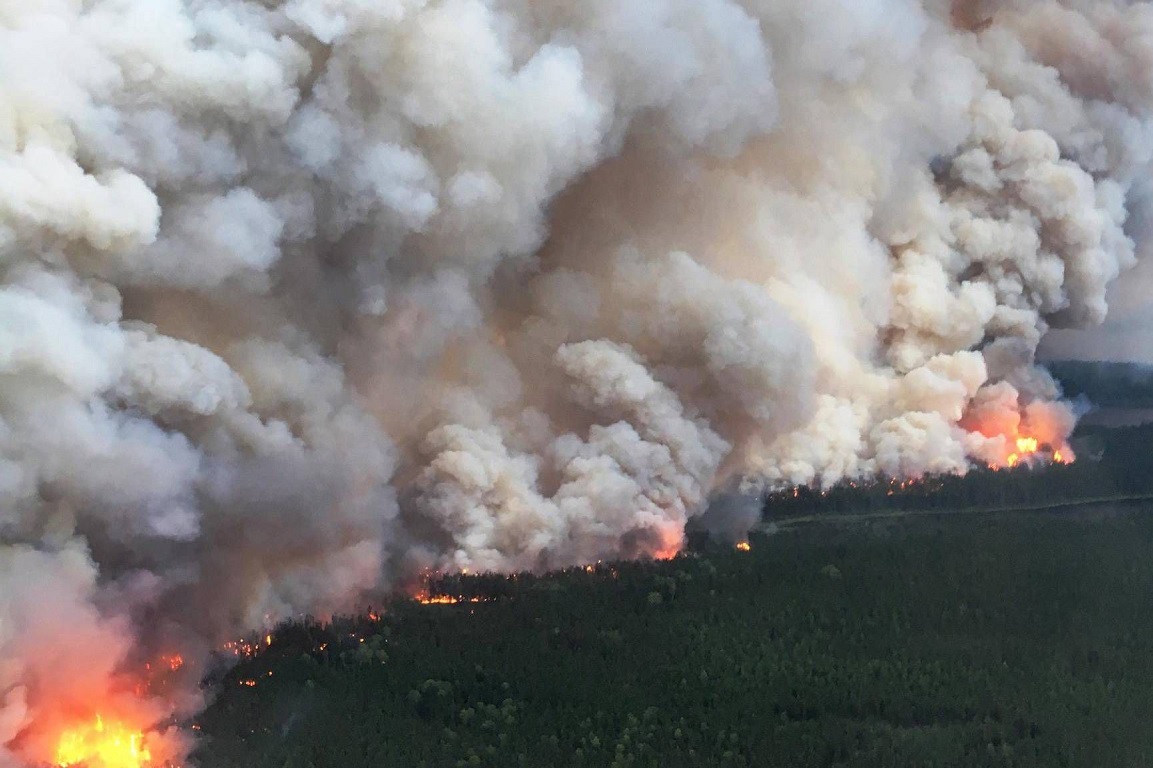11 Dec 2024

Tired Earth
By The Editorial Board

Smoke particulates from wildfires could cause between 4,000 and 9,000 premature deaths and cost between $36 to $82 billion per year in the United States, according to new research.
The study, "Quantifying the Premature Mortality and Economic Loss From Wildfire-Induced PM2.5 in the Contiguous U.S.," published in Science of the Total Environment.
"We think of automobile tailpipes and factory emissions polluting our air," said Oliver Gao, professor of civil and environmental engineering at Cornell University and a senior author on the study. "We don't necessarily think about air pollution from natural sources like wildfires.
"Climate change is leading to weather extremes like more storms and hurricanes, but it can also lead to more wildfires," Gao said. "The Quebec wildfires in early June affected human health hundreds of miles away in the distant cities New York, Philadelphia, Baltimore and Washington."
Wildfires release fine particulate matter -- called PM2.5, which consists of inhalable organic compounds, aerosols and metals that are 2.5 microns or less -- substantially smaller than a human hair, which can enter the lungs and bloodstream.
The researchers used satellite wildfire emission and air quality (PM2.5) data gathered from 2012 to 2014 for their current updated model and assessed how smoke from wildfires could impact human health and economies.
Metropolitan regions located near fire sources, such as Los Angeles, Houston and Atlanta, will likely see a large health burden and corresponding economic loss, according to the study.
In the model, the researchers estimated New York City metropolitan area -- recently affected the Quebec wildfire in early June -- would incur 86 premature deaths resulting from similar events and see $780 million in associated economic costs.
California, Florida, Texas, Georgia, Alabama and North Carolina likely would be the states with the highest number of premature deaths due to the volume of particulate matter distributed by the smoke.
Law and regulations -- such as planned events to thin forests -- could reduce and mitigate the harmful effects of wildfires, Gao said.
"Wildfire affects our health," he said. "In this era of climate change, if we remove flammable vegetation and do things like create green fire breaks and reduce the fuel for the fires, we can substantially decrease the harm of smoke downwind in populated areas."
Source : sciencedaily.com
Comment